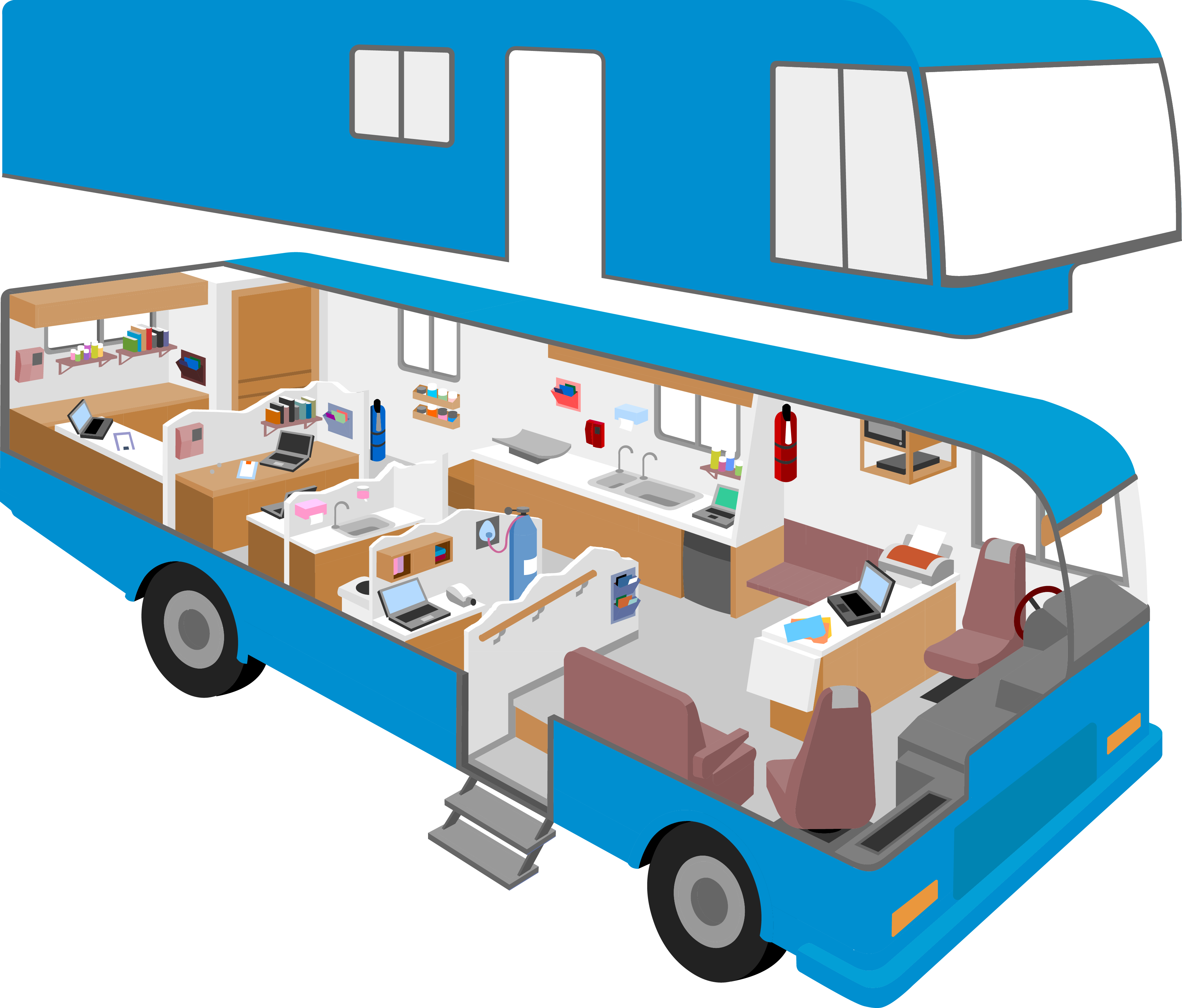Mental Health Unit
Citizens with mental disorders are still CITIZENS! They deserve our support, adequate medical attention and it is imperative that law enforcement and first responders are properly trained to assist the mentally ill in our community.

People call 911 when they are in distress because 911 has brand recognition. We recommend that the City of Winston Salem and Forsyth County implement a mental health alternative response program wherein 911 dispatchers are trained to dispatch 1) mental health professionals + medic teams to non-violent/non-criminal calls; 2) law enforcement to criminal/violent calls; and 3) both mental health professionals and law enforcement when both are needed.
Estimates suggest that 25-50% of all fatal law enforcement encounters involve people with mental illness.1 When a police officer interacts with an individual, the officer expects compliance. However, a person with a mental illness or disability may not be able to comply with an officer's order. This is often mistaken as a malicious choice to resist, when in fact the person may lack understanding or physical control. When a person with a mental illness or disability is a suspect, they may not understand the officer's instructions, may be overwhelmed by the police, or may run away while being detained. The presence of law enforcement can further exacerbate or escalate the situation, especially for Black and brown people who deal with chronic and persistent mental health issues as a result of generations of trauma and systemic oppression. Professionals who are fully trained in mental health crisis have been shown to have the opposite effect – calming, de-escalating, and redirecting.
The vast majority of people with mental health problems are no more likely to be violent than anyone else. Most people with mental illness are not violent and only 3%–5% of violent acts can be attributed to individuals living with a serious mental illness. In fact, people with severe mental illnesses are over 10 times more likely to be victims of violent crime than the general population.2
The Substance Abuse and Mental Health Services Administration (SAMHSA), a part of the US Department of Health and Human Services, specifically recommends responding to mental health and substance abuse calls without law enforcement accompaniment unless special circumstances warrant.3 Cities across the United States have successfully piloted and/or implemented alternative response programs consistent with SAMHSA's recommendation.
Our goal is not to demonize law enforcement, but to address the fact that they are not properly trained to be the primary or most appropriate responders in all situations. There are times when law enforcement is the right professional, and there are times when they are the default professional, simply because of the existing system. We recommend expanding our 911 system to provide more appropriate emergency responses, resulting in better outcomes for all.
Deaths Due to Use of Lethal Force by Law Enforcement
National Guidelines for Behavioral Health Crisis Care